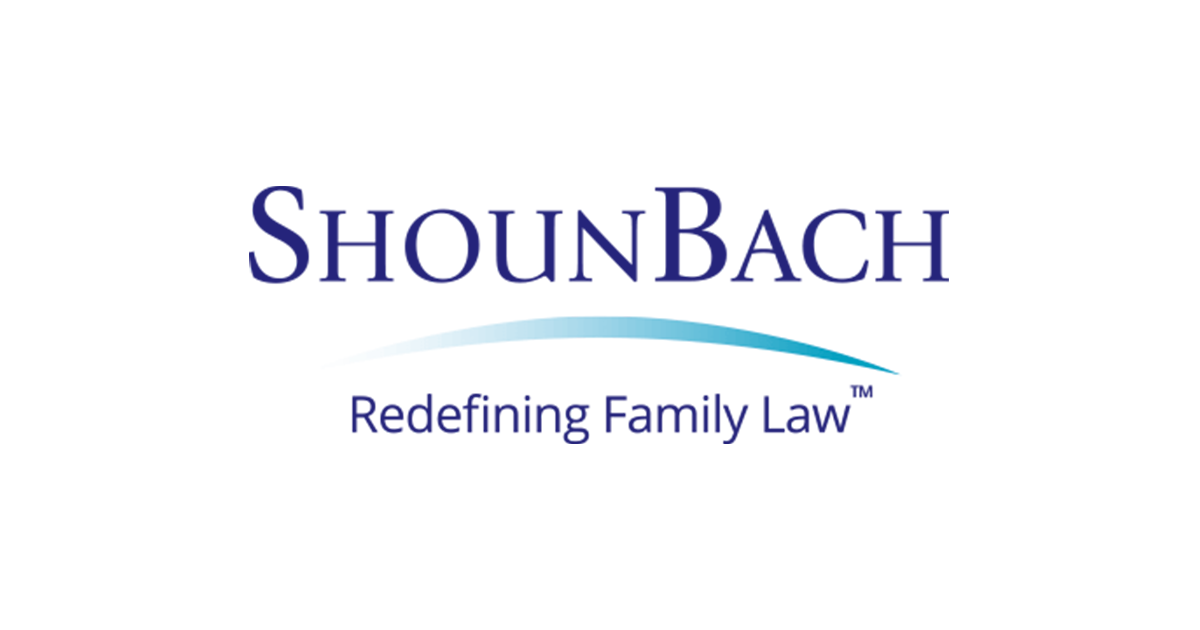The Role of a Paralegal in the Discovery Process

- Home
- Firm Publications
- The Role of a Paralegal in the Discovery Process
Discovery is the process during litigation when information and documentation relative to the matter is formally exchanged between the parties, usually through counsel.
Paralegals play a key role in the discovery process, as summarized below.
Discovery Initiated By Us
The paralegal in a case may assist the attorney in drafting appropriate discovery requests to the spouse (or opposing party). Moreover, he or she will take responsibility for calendaring the due dates associated with the outgoing discovery on their own and the attorney’s calendar.
If the due date passes and no responses are forthcoming, the paralegal will make note of this fact and may assist in preparing a follow-up letter to the opposing counsel or opposing party in that regard. He or she may also assist in drafting a legal pleading entitled “Motion to Compel Discovery,” for argument by your attorney before a judge.
When discovery responses are received from the opposing counsel or opposing party, the paralegal takes responsibility for making an in-depth review of the answers and responses. The paralegal will read through all Answers to Interrogatories (questions) and review the documents produced and the accompanying discovery pleading entitled “Response to Request for Production of Documents.” The paralegal will also review, log (date-stamp) and organize the incoming documents.
In doing so, he or she becomes educated about the issues in the case, familiarizing him or herself with the parties’ assets and liabilities and, in most instances, the claims and positions as to certain issues being made by the opposing party. Following a review of income discovery answers and responses, the paralegal will make a list and prepare a chart or comprehensive letter addressed to the opposing counsel regarding any discovery deficiencies that are critical to the case.
He or she may also assist with preparation of a detailed Motion to Compel in the event that the discovery responses are lacking and are not sufficiently addressed by the opposing counsel or party.
Discovery Initiated By Opposing Counsel or Opposing Party
The paralegal also plays a vital role in discovery that is initiated by an opposing counsel or party and directed to the client. The paralegal will review the incoming discovery requests and take responsibility for calendaring the due date on his or her own and the attorney’s calendar.
Moreover, he or she will review the requests and note any that may be objectionable. Sometimes the paralegal will prepare an initial draft of objections preparatory to a meeting with the attorney. The paralegal also takes responsibility for drafting an appropriate transmittal letter, with instructions, to the client with the discovery requests. In that letter, the client is requested to make an appointment with the paralegal to review the client’s draft answers and responses.
Moreover, the paralegal makes him or herself available to answer any interim questions the client may have as to the discovery or to relay information regarding same through the attorney as needed. In meeting with the client and helping to draft answers and responses to discovery, the paralegal will once again gain invaluable information about the case.
He or she will take responsibility for preparing the initial draft discovery responses for review by the attorney. Moreover, the paralegal will determine which documentation provided by the client is responsive to which requests (and determine which documents may not be responsive in some instances).
The paralegal will work with you to help ensure that your answers and responses are as complete and responsive as possible. He or she will take responsibility for finalizing the outgoing discovery responses after meeting with the attorney for review of the draft answers and responses.
Following the Initial Exchange of Discovery
Following the initial exchange of discovery, the paralegal will compile all of the data exchanged and prepare a comprehensive chart of assets and liabilities to be utilized as a working document throughout the case. Values on this chart may be updated throughout the course of the matter and this chart will be utilized by the attorney in formulating comprehensive settlement proposals. The paralegal oftentimes assists in this regard as well.
If the matter does not settle prior to litigation, the chart (or versions thereof) may be used as a reference document at trial. The paralegal may also assist in drafting subpoenas duces tecum (subpoenas for documents) to be directed to non-party persons or entities as may be appropriate. Examples would include life insurance documentation, retirement documentation, bank statements/canceled checks and credit card statements.
The paralegal would likewise be responsible for calendaring the return (due) dates for subpoenas duces tecum and receiving, logging and reviewing any documents received in response to same. The paralegal may in some instances give input to the attorney as to whether and to what extent he or she believes a deposition of the opposing party is necessary in an endeavor to gain additional information pertinent to the issues.
The paralegal may also help formulate deposition questions to be asked of the opposing party or a non-party based upon his or her review of discovery responses. Finally, should trial become necessary, the paralegal will utilize the knowledge he or she has gained during the discovery process to identify documents that will be utilized by the attorney as exhibits during trial. Moreover, having gained significant knowledge of the case through discovery, the paralegal is able to identify and keep a running agenda of tasks that need to be performed during a case (such as topics for legal research, helping a client locate documents to prove a separate property claim, hiring expert witnesses, etc.)
The foregoing is simply a brief overview of the paralegal’s role in discovery. Because paralegals’ rates are usually substantially lower than attorneys’ rates, the client is the recipient of a substantial cost savings.

Written By ShounBach
Since 1975, ShounBach has served the Northern Virginia community. Our team brings over 200 years of combined legal experience and has grown to be one of Virginia’s largest family and estate law firms.
Don’t Navigate This Process Alone
"*" indicates required fields
Phone: 703-222-3333
Fax: 703-222-3340
Contact Us

